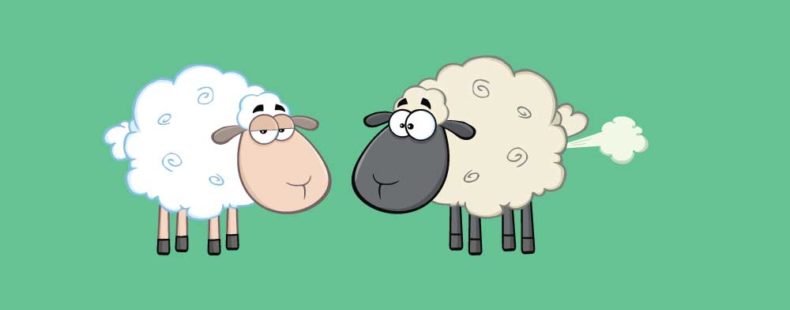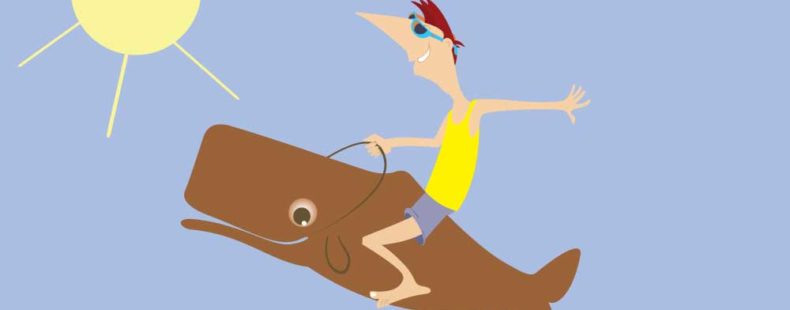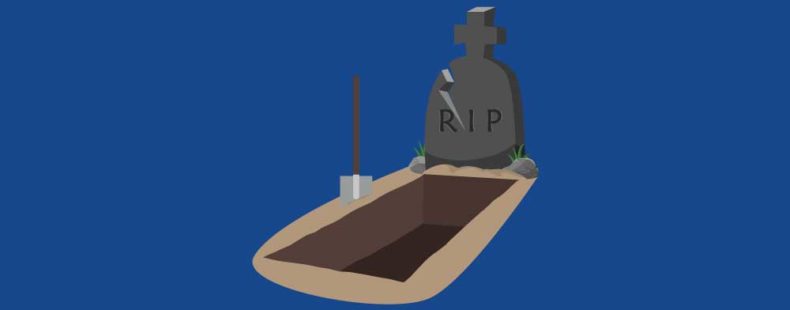As a hodgepodge of German, French, Latin, Greek, and other languages, English is always full of surprises.
It has funny-sounding words like cattywampus, sure. But, there are also lots words with wacky beginnings. Take fizzle, “to make a hissing or sputtering sound, especially one that dies out weakly.” You know what the word originally meant? “To pass gas,” probably in that manner where you’re trying to stifle it. (Don’t pretend you don’t know what we mean.)
As a bonus (on top of the laughs you’ll get just by reading them), these delightful little origin stories are great for showing off your vocab knowledge at your next family get-together. English isn’t just fun. It’s also funny!
Want more fun word activities and help with your kids’ homework? Sign up for homework help right in your inbox!






















